Ahmet Hasanbeseoglu talks to Pedersen & Partners about the Digital Transformation of Unilever’s supply chain, and the impact on talent acquisition and retention
The Digital Transformation journey requires the repositioning of IT in the organisation. For Digital Transformation to succeed, IT must evolve from a cost centre to an integral part of the value chain towards the customer. Many asset-heavy companies transform into “technology” companies, in which data comes to substitute for many of the assets previously listed on the balance sheet, drives customer experience and allows the creation of new business models. As a result, many formerly outsourced or “bought” IT functions and solutions are brought in-house.
We discussed with IT leaders across industries how the choice between “making it” versus “buying it” has affected the IT makeup of their organisations, interactions with business stakeholders, and the impact on talent acquisition and retention.
Ahmet Hasanbeseoglu currently leads the digital transformation of the supply chain at Unilever, covering Russian-speaking countries, North Africa, the Middle East and Turkey. Prior he was CDO at Arcelik, a Turkish multinational and the third-largest household appliance maker in Europe. Prior to that, he worked for EY, Cisco, Arthur Andersen and 3M.
You come with a long background in technology advisory, and you have recently moved into operational transformation roles. What is your current role at Unilever?
I’m currently focused on digital factories, supply and demand planning, process automation through workflow integration, RPA (Process Automation with Software Robots), and e-commerce go-to-market projects. I also oversee digital projects in the areas of customer service, O2C and logistics operations. Digital disruptions are strongly felt in these areas as they directly impact consumers.
We do not talk of “supply chains” anymore, but of “value networks”.
I started in this new transformation role two years ago and built my team across the region from scratch. I report to the VP of the region and work cross-functionally across the whole organisation: with IT, Operations, Logistics, Sales and Marketing. I am responsible for creating a fully responsive, agile, data-driven and consumer-centric value network from supplier to point of sale.
We do not talk of “supply chains” anymore, but of “value networks”. Let me give an example. In order to meet changing demands during the Covid-19 pandemic, we’ve extended our network further, to even reach the suppliers of our direct suppliers. A supplier of plastic bottles might suddenly experience problems sourcing raw materials which will directly impact our business, and we must anticipate and prevent this. At the same time, we’re developing new business models, for example whether we can sell directly to consumers.
How do you decide which technology to make and which to outsource?
The criteria for outsourcing or insourcing new technology are not fixed. Cost and service level agreements will set criteria for functions such as procurement, HR, and planning. On a different level, when we talk about digital platforms, the decision will not be driven by cost, but by the business value it will generate.
With the help of consultants, we perform process analyses to determine what is critical and what isn’t. We have strongly invested in developing the data science skills of our people. This has not only given people a chance to grow, but also gives us the capability to perform critical tasks in-house.
In the end we need to create a balance between in-house production and outsourcing, which is determined by the speed at which we can learn ourselves, and whether we can build the critical competency centres internally.
I must note that we prefer out-tasking to outsourcing. With the former, we keep operational responsibility and own the processes, and the contractual time horizons are shorter than with outsourcing.
We need to create a balance between in-house production and outsourcing, which is determined by the speed at which we can learn ourselves.
We recently did a POC (Proof of Concept) for a factory in Turkey to improve work safety through cameras and machine vision technology. We wanted automated alerts sent to plant and production manager in the event of a work safety violation. In this case, the accuracy of the technology is critical. We engaged with 3 vendors: 2 start-ups, and a large system integrator, and we invited each of them to do a technology proof of concept for one month. They all met the accuracy levels we required, and only then did we look at cost. One of the start-ups won the bid for the project, and we rolled it out world-wide. This is an example of a digital lighthouse project which focuses on fast implementation, transparent results, and contribution to transformation culture.
What skills and competencies are your team looking for?
Digital transformation requires that businesspeople become IT people, to some extent. I created a program to develop digital competencies to create what I call “super-users”. We now have 35 businesspeople completing a nine-week training. They are already bringing down the IT system analysis and user acceptance testing period from three months to the best possible scenario of two to three weeks.
Engaging businesspeople from the start increases their rate of adoption when they have co-created their own digital solutions.
We want those super-users to be able to use programming tools that require only a basic understanding of code, instead of needing to spend a month of their time with IT for business requirements gathering. This process should be done by the businesspeople, because they are able to create a simple app; they are the ones who know the processes the best, and they can subsequently define what they need in terms of data. We keep them highly engaged.
These businesspeople are my extended team – I have a digital team of product-owners who work with me to define the data requirements, and then we ask IT to find us a company who will make an MVP or prototype. Engaging businesspeople from the start increases their rate of adoption when they have co-created their own digital solutions, for example, predictive maintenance algorithms.
In order to achieve this, we needed to develop the four competencies that were missing:
- IoT skills that combine the physical and digital realms
- Data science and data modelling
- Digital process – automation of business processes through automation tools
- New business models skills – people who can work and act like a start-up through iteration towards Minimum Viable Products and pivoting.
We wrote a Request for Proposal and received a quote of USD 1.5 million for a digital factory design from a blue-chip technology advisory firm. Rather than paying that money to bring technology know-how in from the outside, we decided to do the design ourselves, and hired people with three to four years’ experience in digital factory design.
We also have an extended team of 35 people from different business functions, who have allocated 20-25% of their time to digital projects that align with my KPIs. For instance, if someone in planning is digitally competent and can provide the means for better inventory management and forecasting, this will directly impact the performance of our business.
We have developed this three-layer organisation to drive transformation, and people on each level are now starting to cross-fertilise knowledge and practices.
We are fortunate enough to be able to attract really good people, and I predict that they will become the future leaders in our business. The average age of my digital supply chain team is 28-29; they work on the implementation, the extended digital product team of the business provides the input, and we have a digital supply chain council of executive decision makers – directors and VPs – to set direction and strategy.
We have developed this three-layer organisation to drive transformation, and people on each level are now starting to cross-fertilise knowledge and practices. I am part of the council and built it for the region, not just for supply chain but also with other functions. The council, headed by the EVP of our region, can be compared to a steering committee where highly productive discussions between previously-siloed business units happen.
How did your HR business partners and talent acquisition adapt to these new requirements?
Our HR team recognises the need for our transformation, and is very supportive in ensuring that we have the right talent and provide the right development opportunities for our people. We have a program called “Flex” that helps us source resources from across the company in a transparent, flexible manner. Flex functions as an internal job portal where you can post open positions, and recruit colleagues from within the business for projects.
We also invest in human development through online training programs. One example is the citizen data scientist program we created: it consists of a 15-hour course in two levels, which realistically takes two to three days to complete, and after which a certificate is rewarded.
I asked our VP-level executives to take the course first, and two obtained a certification. One of the VPs shared the certificate in one of our online chat groups, and participation jumped.
Tech talent does not tend to think of working for a company like Unilever. Therefore, when I build my team, I identified around 200 professionals over a period of several weeks, and then shared the list with internal Talent Advisory to initiate the hiring.
We put ourselves on that road with a three-to-five-year vision, and have identified six skills that will get us to what I call the “The Programmable Enterprise”.
Forbes noted in 2001 that “now every company is a software company”. We put ourselves on that road with a three-to-five-year vision, and have identified six skills that will get us to what I call the “The Programmable Enterprise”. We have a plan to transform people from basic to advanced in each of six areas:
- Improve pace of action with tasks, agile tools and collaboration analytics
- Automate processes through robots and make self-driving decisions through workflows
- Connect the physical and digital world with IoT tools and smart products
- Interact with all internal and external stakeholders through voice, video and bots
- Maximise asset utilisation and build an asset sharing model
- Analyse data and translate it into value.

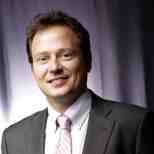



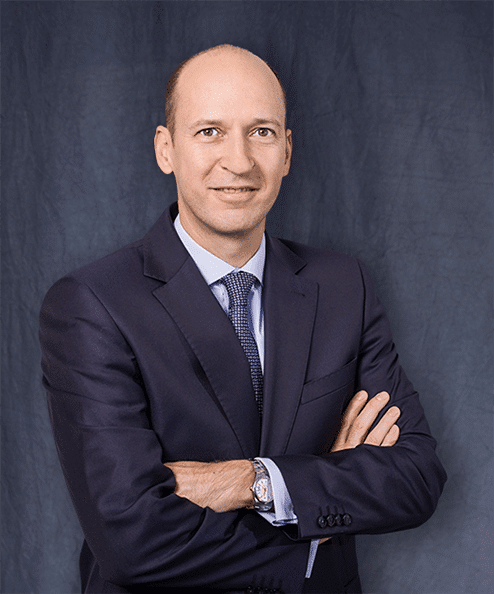
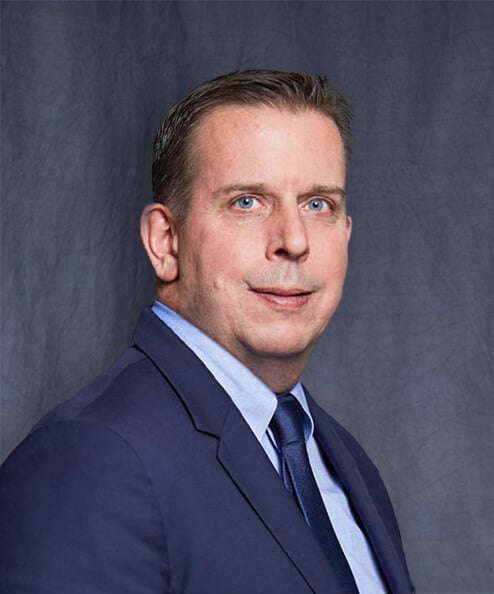 “Asia Pacific is constantly increasing its demand for global executives who are attuned to the business, social, economic, and performance requirements imposed by the market realities. At Pedersen & Partners, we are ideally placed to meet this need by bringing together a top-performing team of experienced consultants who have a deep understanding of the markets and industry sectors. We place great emphasis on convening the “Best Team Forward” for each of our clients, and Jenny Wong has the perfect balance of market knowledge, industry expertise, and executive search experience to be a great fit for our firm. Jenny will help steward the expansion of Pedersen & Partners’ presence in Malaysia and across the entire APAC region,” stated
“Asia Pacific is constantly increasing its demand for global executives who are attuned to the business, social, economic, and performance requirements imposed by the market realities. At Pedersen & Partners, we are ideally placed to meet this need by bringing together a top-performing team of experienced consultants who have a deep understanding of the markets and industry sectors. We place great emphasis on convening the “Best Team Forward” for each of our clients, and Jenny Wong has the perfect balance of market knowledge, industry expertise, and executive search experience to be a great fit for our firm. Jenny will help steward the expansion of Pedersen & Partners’ presence in Malaysia and across the entire APAC region,” stated 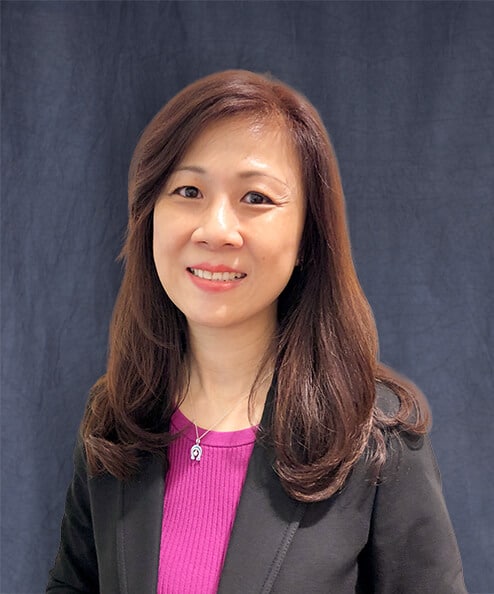 “I’m enthusiastic about joining Pedersen & Partners and adding a new milestone to my Executive Search and Board consulting experience portfolio. The firm’s Technology, Financial, and Professional Services practices have assembled strong teams of search professionals with experience in different countries, providing a multicultural and diverse vision about the needs of these sectors. I look forward to joining forces with them and supporting clients across the Asia Pacific region,” added Jenny Wong, Client Partner at Pedersen & Partners.
“I’m enthusiastic about joining Pedersen & Partners and adding a new milestone to my Executive Search and Board consulting experience portfolio. The firm’s Technology, Financial, and Professional Services practices have assembled strong teams of search professionals with experience in different countries, providing a multicultural and diverse vision about the needs of these sectors. I look forward to joining forces with them and supporting clients across the Asia Pacific region,” added Jenny Wong, Client Partner at Pedersen & Partners.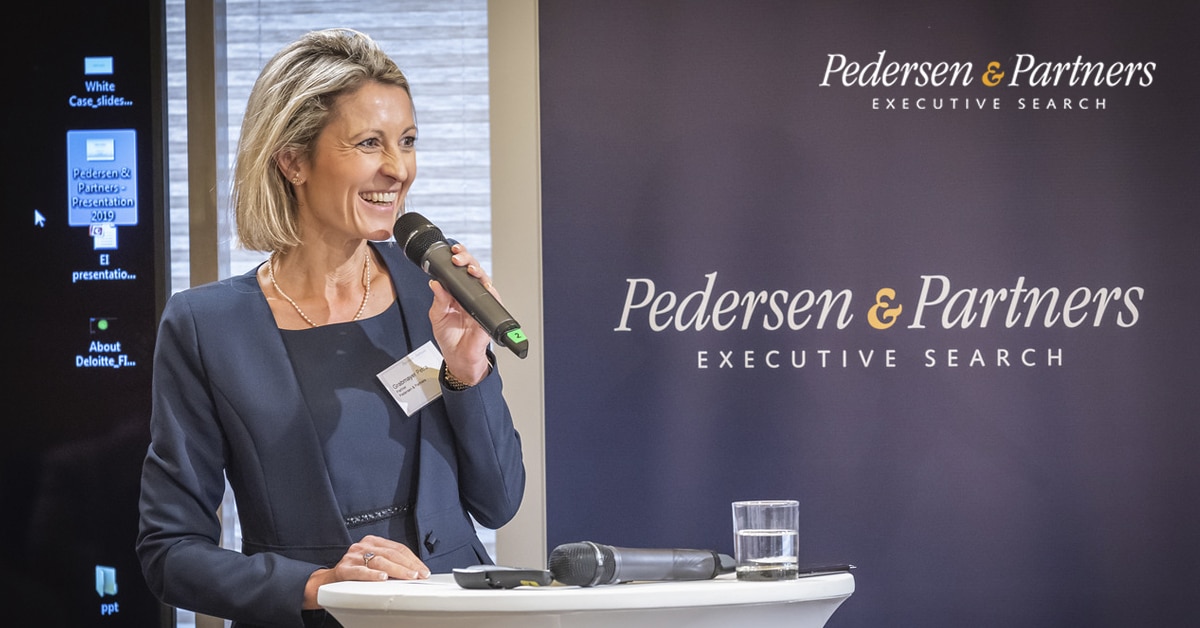
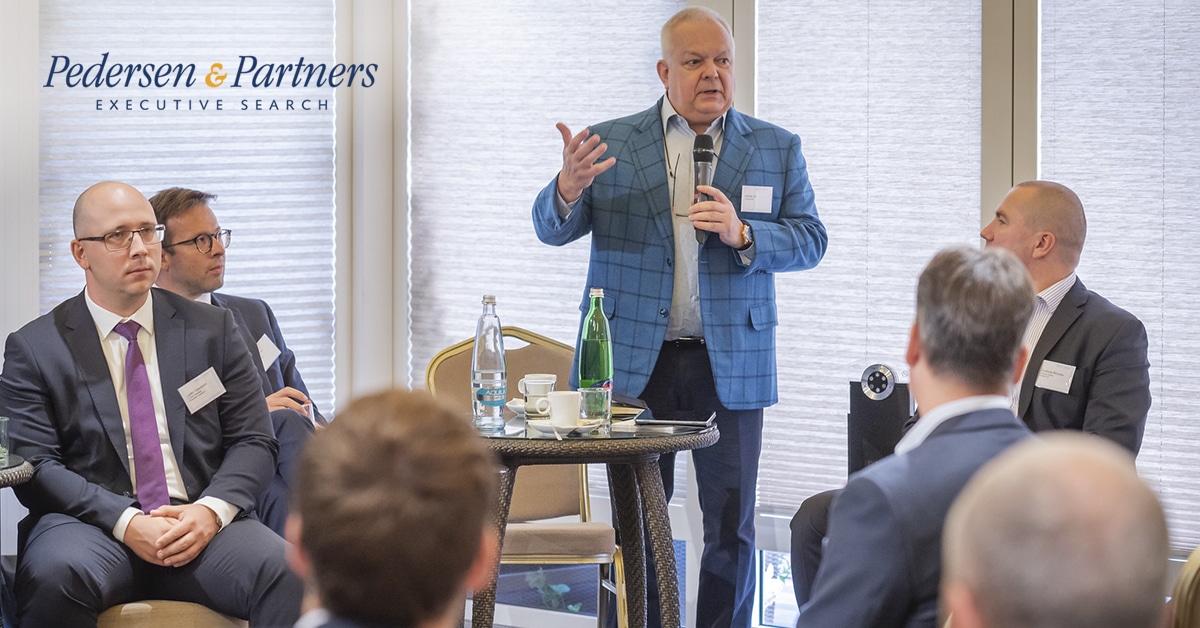
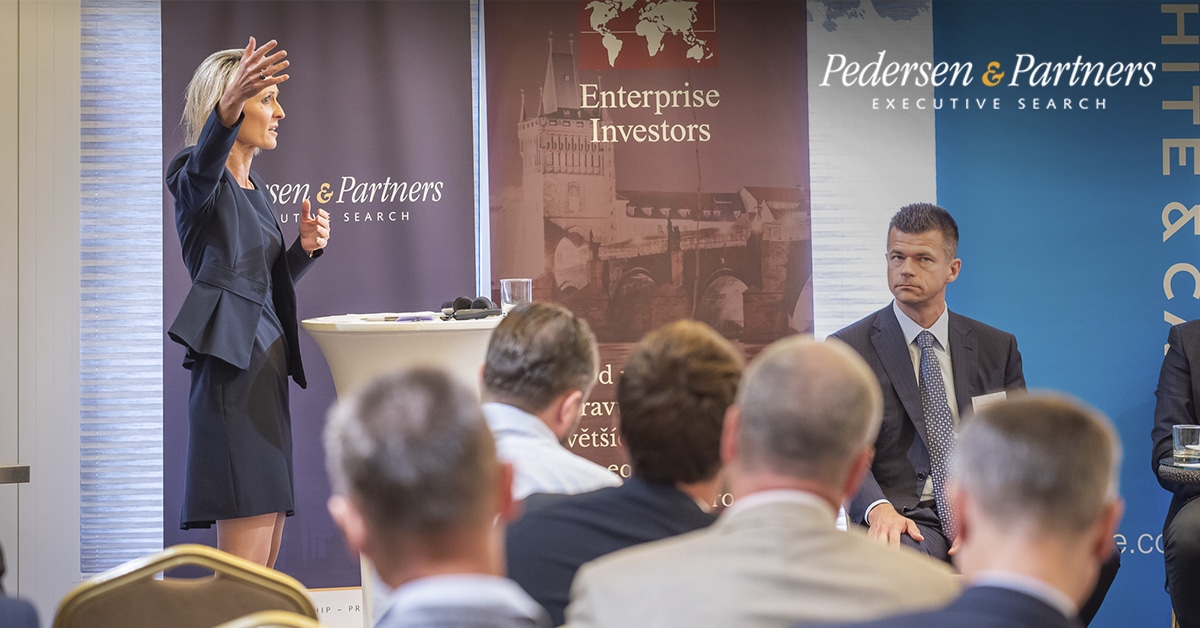
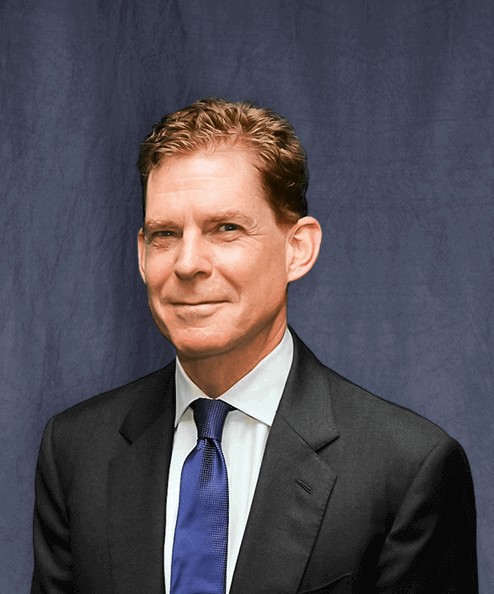 "Pedersen & Partners’ global one-firm platform is what sets it apart from other Executive Search organisations. I look forward to working with my colleagues across the world to enhance the Industrial practice and deliver top quality solutions to our clients,” commented Jed Van Voorhis, on his appointment.
"Pedersen & Partners’ global one-firm platform is what sets it apart from other Executive Search organisations. I look forward to working with my colleagues across the world to enhance the Industrial practice and deliver top quality solutions to our clients,” commented Jed Van Voorhis, on his appointment.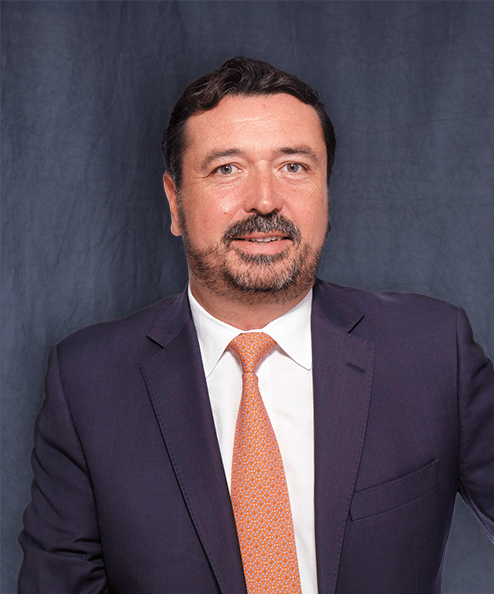 "Jed’s addition to our team further supports our focus of ensuring international expertise and network in the Industrial Practice, wherever our clients’ senior talent needs may be. His solid regional client base and excellent long-standing reputation as clients-driven and results-oriented professional will further enhance our reputation in key markets,” announced
"Jed’s addition to our team further supports our focus of ensuring international expertise and network in the Industrial Practice, wherever our clients’ senior talent needs may be. His solid regional client base and excellent long-standing reputation as clients-driven and results-oriented professional will further enhance our reputation in key markets,” announced 


